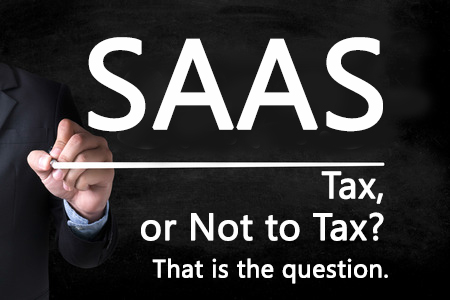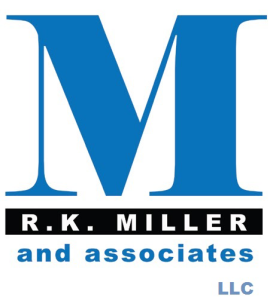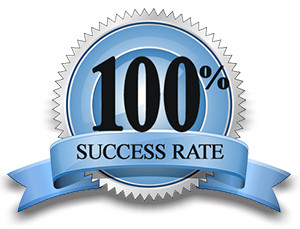Sales Tax Compliance For SaaS in the United States
Does Sales and Use Tax Apply to SaaS “Software as a Service?”
Like every other aspect of sales and use tax, the answer varies by state. SaaS may simplify software delivery and make delivery more efficient, but it has done nothing to simplify sales and use tax law for software companies with sales in any, some, or all fifty United States.

“The evolution of software delivered via packaged disks, professional installation and other media to software as a service, downloaded via the cloud has prompted tax authorities across the U.S. to redefine tax law”, explains Robert Miller, president of RK Miller Associates, a consultancy specializing in sales tax compliance, audits and refunds.
Taxation of Tangible Media vs Digital Delivery of Software
It would be easy to interpret and apply sales tax law as it applies to SaaS if the law was consistent across all states – which it most definitely is not. Sales and tax law relating to “tangible” and “digital” delivery of software has become more complicated than ever, and changing more frequently, making it difficult for software companies, especially startups and small companies with sales across multiple states to comply.
The challenge to comply with sales tax law is compounded by the varying pace by which each state has updated their law to reflect the shift from tangible media sales to digital subscriptions and downloads from the cloud. Some states have maintained a rather steady position on the taxation of tangible and digital software. Other states have updated laws, and issued technical briefs to provide basic guidelines, making it incumbent upon each business to revisit the topic frequently.
“We’ve experienced such a significant increase in requests from software companies for guidance on how to comply in each state as sales and use tax continue to change”, added Miller, “we’ve created a sales tax compliance program with annual review to help our clients minimize exposure and reduce risk of penalty and interest on unpaid tax.”
Canned Software vs Information Service
Another matter that complicates the matter to tax or not to tax is the determination between “canned software” and “information service” which are treated differently in states like New York. The simple definition is often not enough for SaaS companies, in which case a Petition for an Advisory Opinion is warranted. Miller has seen an increase in requests by software companies seeking assistance in petitioning the tax authorities for a decision that is specific to their particular software solution. Misinterpretation of the sales and tax law can have extremely high stakes, with enormous impact on capital if interpreted incorrectly. Because an Advisory Opinion is only binding between the state and the company and specific topic they submitted for review, these documents can be so specific they cannot be translated for application toward another company or solution.
“The Petition for an Advisory Opinion depends on proper presentation of the solution to the authorities and it can take many months for a decision to be issued”, said Miller who added; “When the stakes are high, the Petition for Advisory Opinion is the only way to truly know how a state will determine tax for a specific SaaS solution.”
Wonder if your SaaS solution is subject to sales and use tax? Contact RK Miller Associates today for sales tax compliance guidance, annual reviews, and/or assistance in preparation and filing of Petition for an Advisory Opinion for their specific solution.



Comments are closed.